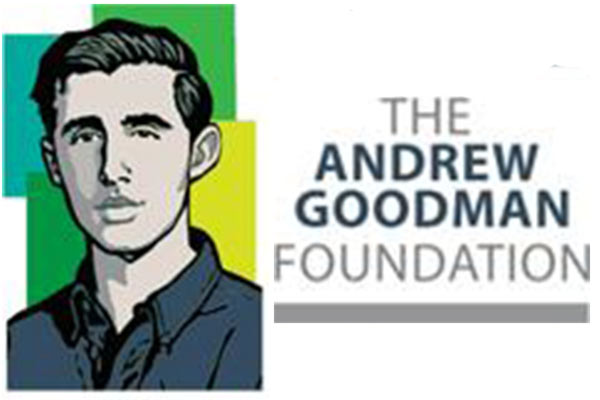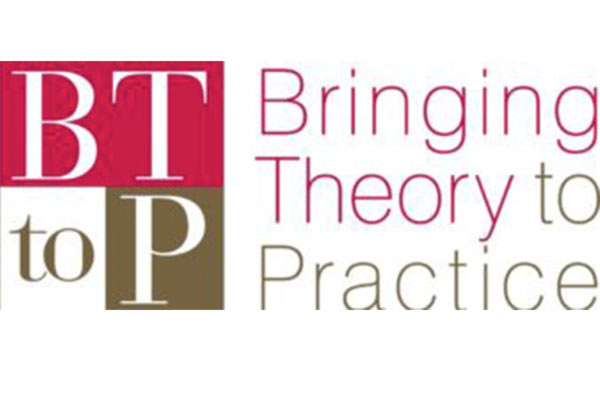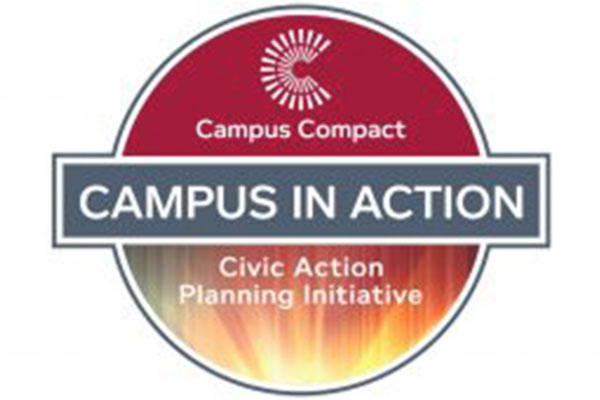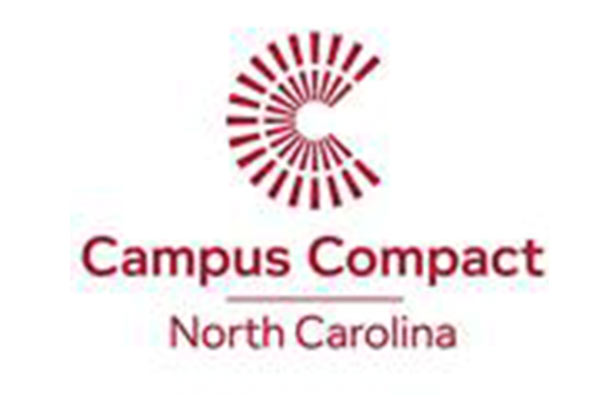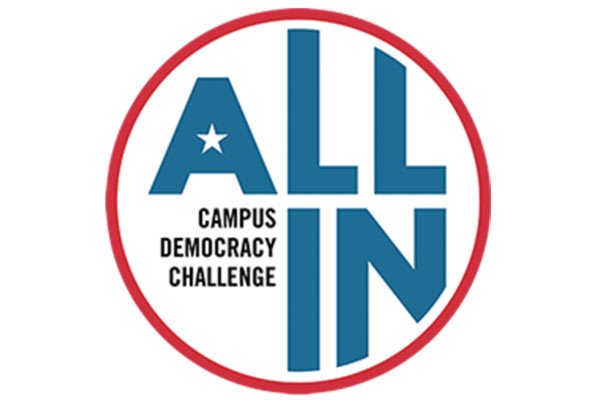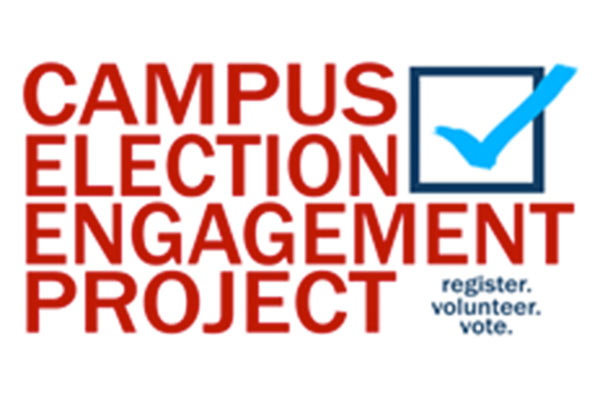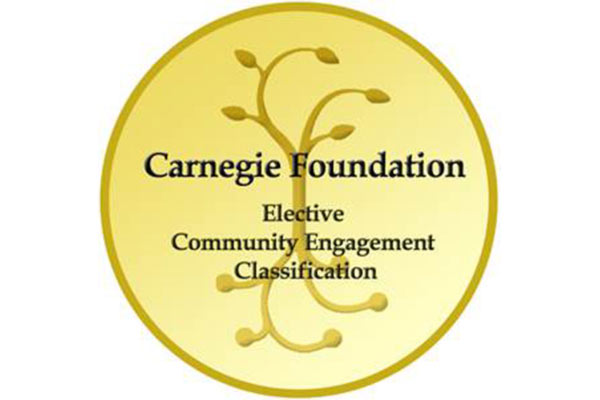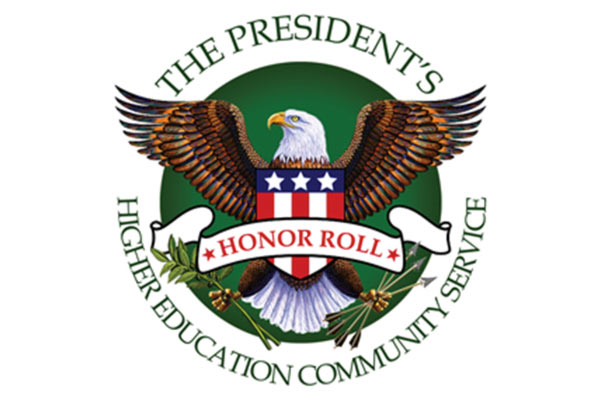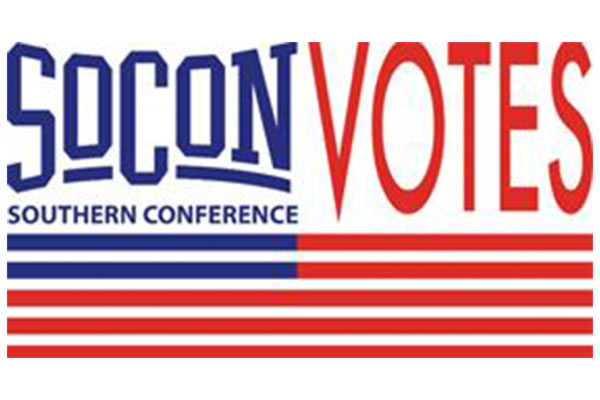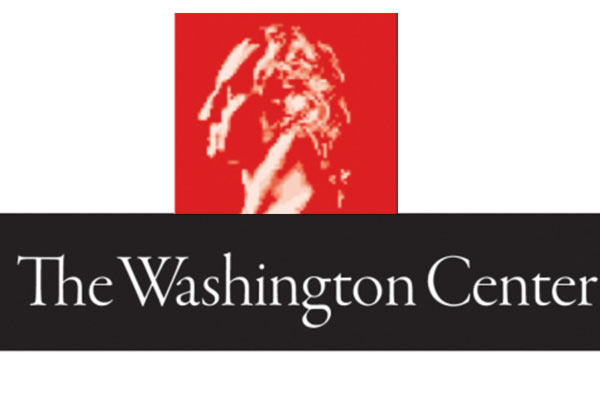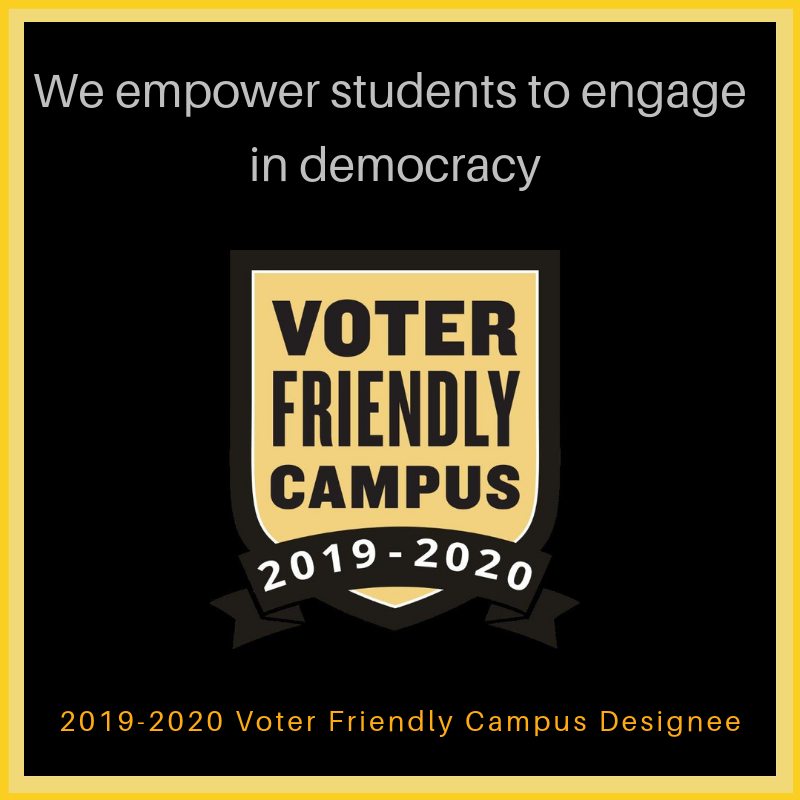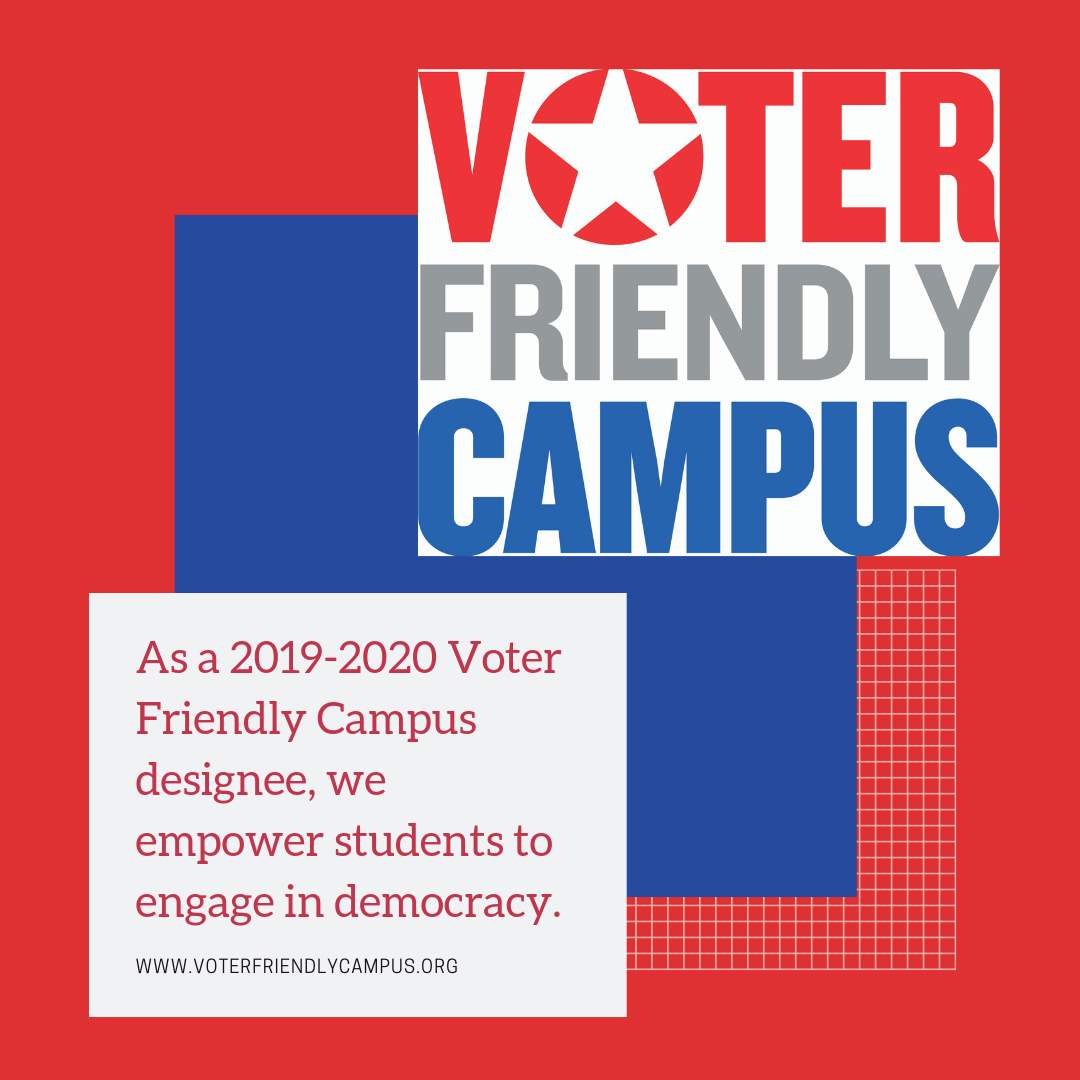- Academic Programs & Support
- Academic Enrichment
- Center for Community Engagement and Service Learning
- About the Center for Community Engagement and Service Learning
About the Center for Community Engagement and Service Learning
The WCU Center for Community Engagement and Service Learning strengthens the relationship between the campus and the wider community. We serve as a centralized hub for university and community, providing resources and capacity-building as a catalyst for social responsibility and positive impact. We focus on three main pillars:
Community-Engaged Learning | Civic Engagement | Community Outreach
We serve as a centralized hub for university and community, providing resources and capacity-building as a catalyst for social responsibility and positive impact.
We envision community engagement at Western Carolina University as a key component of our regional promise so that all Catamounts contribute to active citizenship and a culture of belonging.
- Reciprocity: we value the mutually-beneficial exchange of knowledge, expertise, and resources between community and university members.
- Respect: we value and embrace diverse ways of knowing, perceiving, and doing that stem from unique lived experiences.
- Empathy: we value connections that promote shared humanity and motive socially responsible action.
- Cultural Humility: we value the rich cultural heritage of Southern Appalachia, including the Eastern Band of the Cherokee Indian, and recognize the assets of our regional communities.
- Equity: we value equitable access to engagement pathways for the common good.
- Innovation: we value innovative action that collectively addresses community-identified needs.
- Impact: we value meaningful partnerships that foster intentional impact.
To ensure that these values are realized, CCESL is committed to ongoing assessment and evaluation of our priorities, objectives, and outcomes. We recognize the importance of change and are dedicated to adapting in order to better uphold our regional promise.
